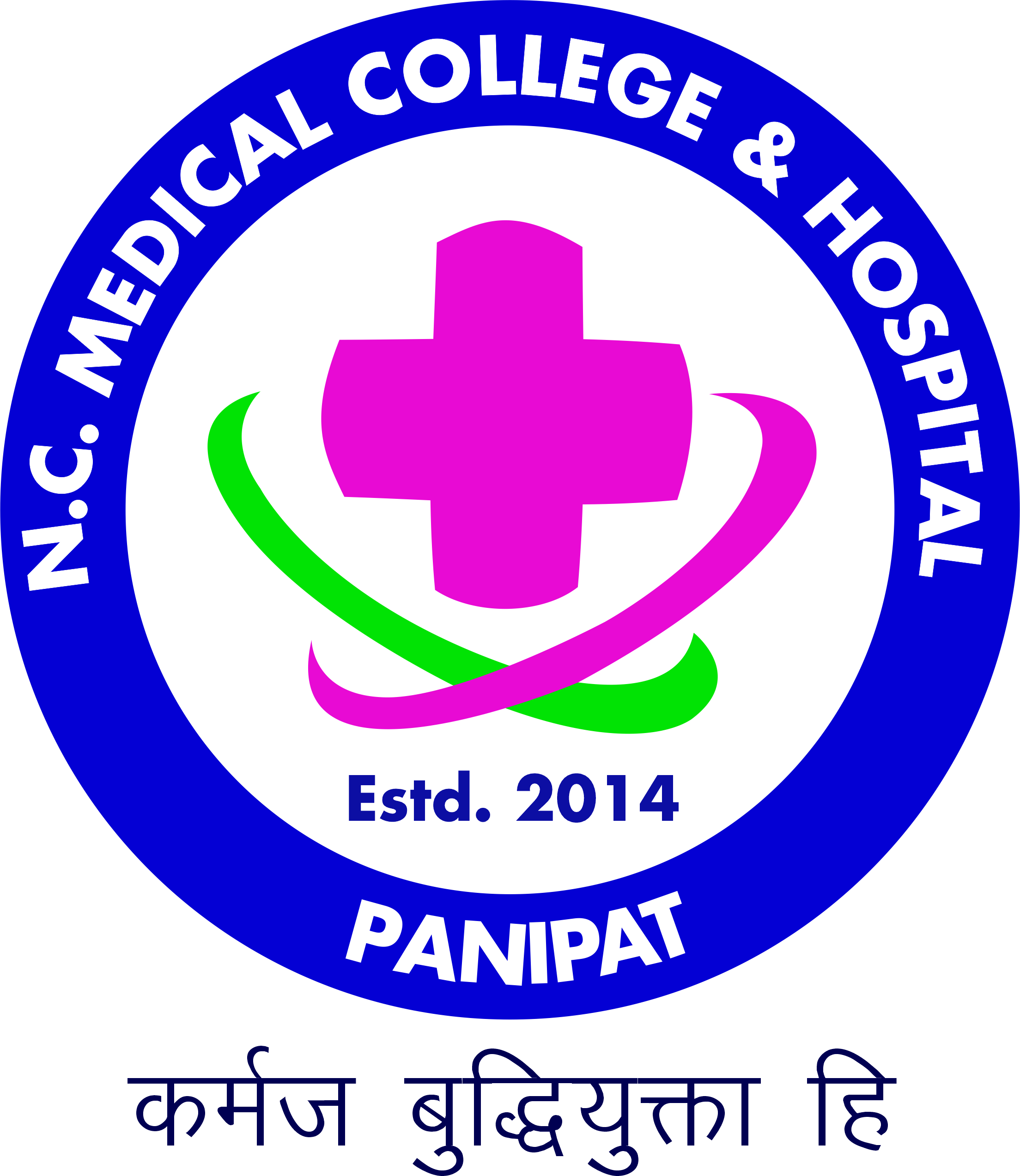Introduction to General Medicine
The General Medicine degree is a cornerstone of medical education, providing aspiring physicians with comprehensive knowledge and skills to diagnose, treat, and manage a wide range of medical conditions. This guide offers an overview of the degree program, including its duration, curriculum, clinical training, and career prospects.
Duration and Eligibility
The General Medicine degree typically spans four to six years and requires a strong background in science subjects. Eligibility criteria may vary by country and institution.
Curriculum
The curriculum of the General Medicine degree encompasses a broad array of subjects, including anatomy, physiology, pharmacology, pathology, internal medicine, surgery, pediatrics, and more.
Clinical Training
Clinical rotations form a significant part of the General Medicine program, allowing students to gain hands-on experience in various medical specialties, enhancing their diagnostic and treatment skills.
Internship and Residency
Following graduation, many General Medicine graduates undertake internships and, later, residencies to further specialize in areas such as cardiology, oncology, or neurology.
Licensing and Certification
Successful completion of the General Medicine program and requisite licensing exams are necessary to become a licensed medical practitioner.
Global Variations
General Medicine programs vary worldwide in terms of structure, duration, and curriculum. Different countries may have unique licensing requirements and specialization options.
Continuing Medical Education (CME)
Continuing medical education is essential for staying current with medical advancements and maintaining licensure. This involves attending seminars, conferences, and workshops.
Career Opportunities
General Medicine degree holders can pursue careers as general practitioners, hospitalists, or internal medicine specialists. They may work in hospitals, clinics, private practice, or research institutions.
Exploring General Medicine Degree and Its Core Subjects
The General Medicine degree is a foundational program for aspiring physicians, equipping them with the knowledge and skills needed to diagnose, treat, and manage various medical conditions. This overview highlights the structure of the degree and the key subjects covered during the course of study.
General Medicine Curriculum: The General Medicine curriculum is extensive, providing students with a solid grounding in medical sciences and clinical practice. It encompasses a wide range of subjects, including anatomy, physiology, pharmacology, pathology, internal medicine, surgery, pediatrics, and more.
Anatomy: Anatomy focuses on the study of the human body’s structure, including organs, tissues, and systems, facilitating an understanding of their functions and interactions.
Physiology: Physiology delves into the functioning of the body’s various systems, emphasizing how they maintain homeostasis and respond to different conditions.
Pharmacology: Pharmacology covers the study of drugs, their mechanisms of action, and their applications in medical treatment.
Pathology: Pathology explores the nature and mechanisms of diseases, examining their causes, effects, and manifestations.
Internal Medicine: Internal Medicine focuses on diagnosing and treating adult patients with a wide range of medical conditions, emphasizing non-surgical approaches.
Surgery: Surgery introduces students to surgical techniques, procedures, and principles, preparing them for clinical practice and surgical specialties.
Pediatrics: Pediatrics focuses on the healthcare of infants, children, and adolescents, covering child development, common childhood illnesses, and preventive care.
Clinical Training: Clinical training is a significant part of the General Medicine degree, enabling students to apply theoretical knowledge in real healthcare settings through rotations in various medical specialties.
Conclusion:
The General Medicine degree provides aspiring physicians with a comprehensive education, preparing them for a diverse range of medical careers. The subjects included in this program offer a strong foundation for understanding the human body and its diseases, complemented by essential clinical training experiences.
| Degree/Diploma | Subject | Total No. of Seats |
| Degree (MD) | General Medicine | 02 |
- Courses
Admission Enquiry Form
- Contact us
- ncmedicalcollege.panipat@gmail.com
- Admission Helpline: 0180-2579061
- Phone: 0180-2579081, 0180-2579061
- Ext: 280,281
- Fax: 0180-2579081
- N.C. Medical College & Hospital, Panipat-Rohtak Road, VPO Israna, Panipat-132107 Haryana (India)
Brochures
View our Medical prospectus of
brochure for an easy to read guide on
all of the services offer.
